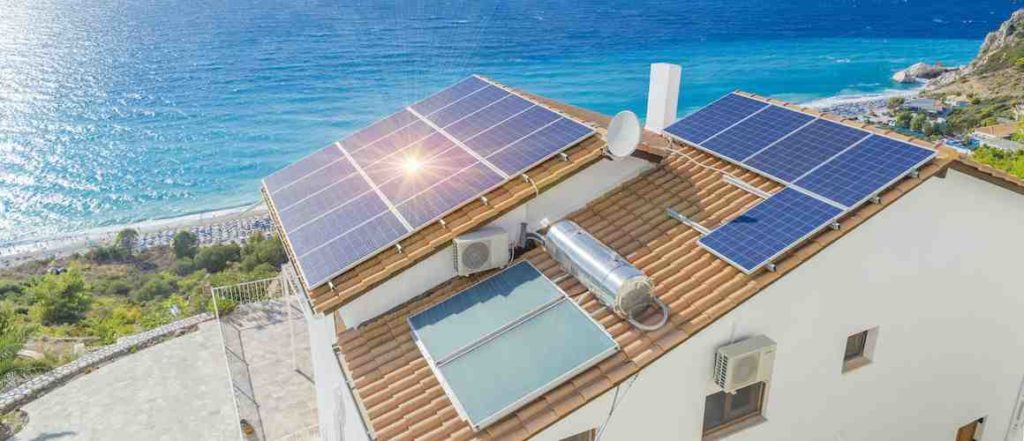Contents
Why solar panels are not worth it?
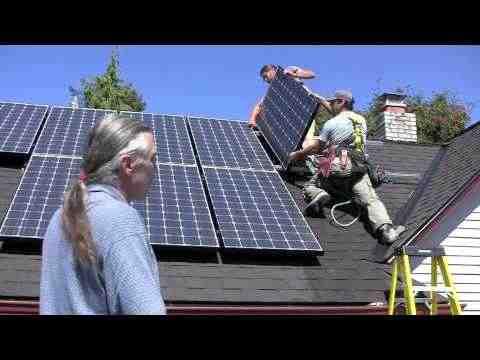
Here are the factors that adversely affect the financial return of a solar panel installation: High start-up costs for a solar energy system. … Lack of Incentives: You are not eligible for solar incentives that can significantly reduce system costs, such as Solar Tax Credit or SREC (Solar Renewable Credit) credits.
How long do solar panels last on your roof?
But solar panels that generate this energy do not last forever. The industry standard lifetime is around 25 to 30 years, meaning some panels installed at the start of the current boom will soon be phased out.
Is it harder to sell a house with solar panels?
For most home buyers, solar panels are actually a selling point. … According to the National Renewable Energy Laboratory, houses with solar panels sell 20% faster and 17% more than without.
Do you really save money with solar panels?
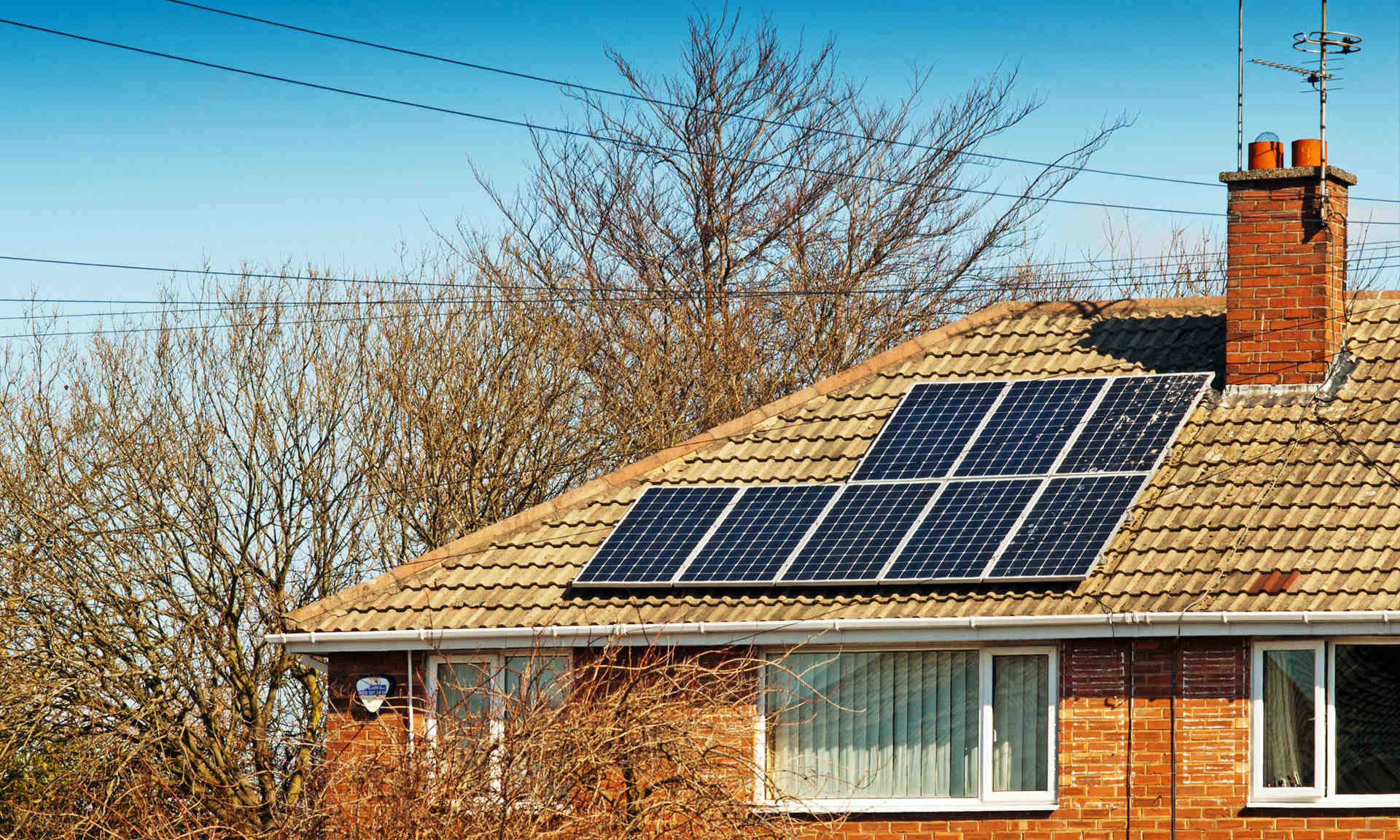
In addition to the federal tax break, solar panels increase property value while lowering utility bills. Compared to gas or electric heating systems, solar panels save much more in the long run. Your solar panel system can pay for itself in three years!
What to consider before getting solar panels?
15 things to consider before installing rooftop solar panels
- Does your roof need repair? …
- What is the shape of your roof? …
- What direction are the slopes of your roof facing? …
- How much weight can your roof support? …
- Where will the water go? …
- What about nature’s other surprises? …
- How do you connect to the network?
Are solar Roofs worth it?
Solar shingles are worth it, especially for homeowners who need a new roof and want to maintain the aesthetics and functionality of the roof. Solar shingles and roof tiles are more durable than regular shingles, so an investment in multi-functional roofing can be considered a lifetime investment.
How do I know if my solar panels are worth it?
To find out if solar panels are worth the investment, simply compare the lifetime cost of energy to the lifetime cost of solar energy.
How much does it cost to add solar panels to your house?
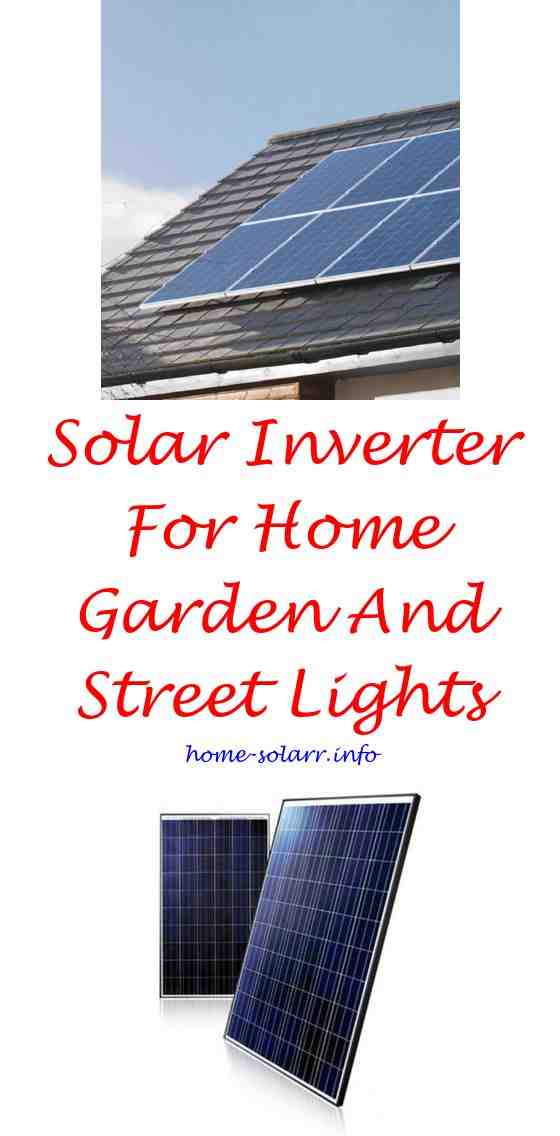
Once installed, the average 5 kW residential system costs $ 3 to $ 5 per watt, according to CSE, which is in the range of $ 15,000 to $ 25,000. This cost is ahead of any tax breaks and incentives. If you know your current energy consumption, you can calculate how much you will have to pay for solar panels.
What are the 2 main disadvantages to solar energy?
Disadvantages of solar energy
- Solar does not work at night. …
- Solar panels are not attractive. …
- You can’t install a home solar system yourself. …
- My roof is not suitable for solar energy. …
- Solar energy harms the environment. …
- Not all solar panels are of high quality.
Why is my electric bill so high with solar panels?
2) You just use more electricity than before. Solar energy can offset your home’s daytime energy consumption – but if you simply increase your energy use in the belief that solar energy will make up for it all, your bills will be higher than before. 3) Your system is not working properly.
Can I add solar panels to my house?
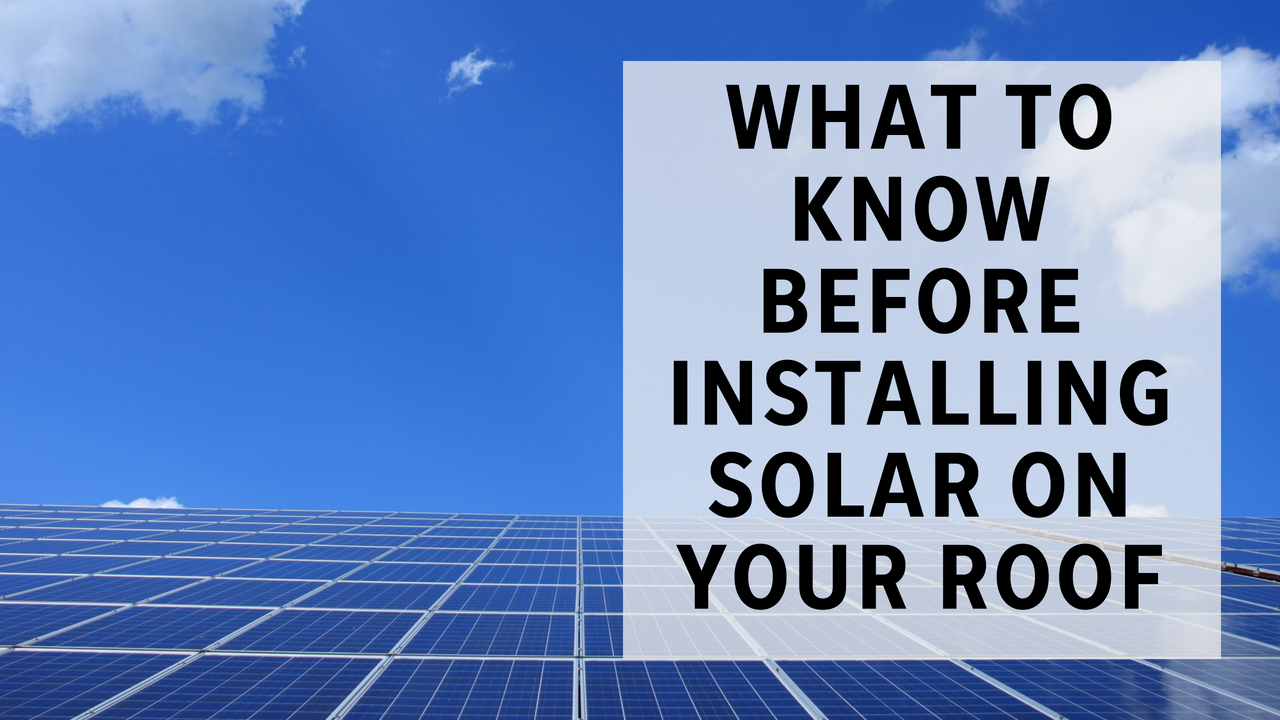
Overall, a purchased PV system can be installed at a lower total cost than a system installed through a loan, lease or energy purchase (PPA) agreement. If you prefer to buy a solar energy system, solar loans can lower your initial system costs.
How many solar panels are needed to run a house?
How many solar panels do I need to power my home? The average US home uses 10,400 kWh of electricity per year. If you install an average 250 watt solar panel, you’ll need around 28-34 solar panels to generate enough energy to power your entire home.
How many solar panels does it take to run a house off-grid?
How many solar panels are needed to run an off-grid home? The number of panels in your system is related to your home’s energy requirements. The average off-grid home requires 7 kW if you don’t want to rely on a back-up system or if you live in a very sunny climate. To produce 7kW for this house you need 27 solar panels.
Are solar panels worth it 2020?
Homeowners considering solar panels should act fast. Over the past 15 years, solar panels have become more affordable to individuals thanks to a federal tax credit that covers a certain percentage of their costs. Systems installed in 2020 will receive 26% of the loan, and added in 2021 22% of the loan.
Sources :

